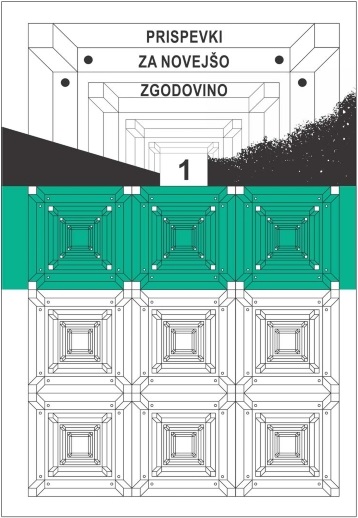Vprašanja nacionalnih odnosov, demokratizacije in politične pluralizacije na Slovenskem v avstrijski ustavni dobi
The Questions of the National Relationship, Democratisation and Political Pluralisation in Slovenia in the Austrian Constitutional Period
Author(s): Filip ČučekSubject(s): Political history, Government/Political systems, Nationalism Studies, Inter-Ethnic Relations, Sociology of Politics, Politics and Identity
Published by: Inštitut za novejšo zgodovino
Keywords: Styria; Carinthia; Carniola; Goriška; Istria; Prekmurje; Venetian Slovenia; Austro–Hungary; political history; democracy; nationalism;
Summary/Abstract: The author carries out a comparative analysis of all three phenomena of the Austrian constitutional period in Slovenia in light of the developing nationalisms. After the restoration of the constitutional life, Styria became the leading region in the Slovenian politics, and after the relocation of the Slovenski narod newspaper to Ljubljana Carniola took the lead. After the dissolution of unity in Carniola in the beginning of the 1890s, the Styrian politics, due to the stronger German pressure, kept insisting on unity for over a decade. In the Goriška region the situation was similar to that in Styria, only that here the Italians played the leading role, while the position of the Slovenian population in Istria (and Trieste) was substantially worse. In Carinthia the Slovenian national development was, in many aspects, inferior to Carniola, Styria or Goriška. Nationalism was far slower to affirm itself among the »Slovenians« on the left bank of the river Mura as among those on the right bank. The situation was similar in case of the Venetian »Slovenians«, who, during this period, lived under the Italian authority.
Journal: Prispevki za novejšo zgodovino (before 1960: Prispevki za zgodovino delavskega gibanja)
- Issue Year: 51/2011
- Issue No: 1
- Page Range: 31-46
- Page Count: 16
- Language: Slovenian

